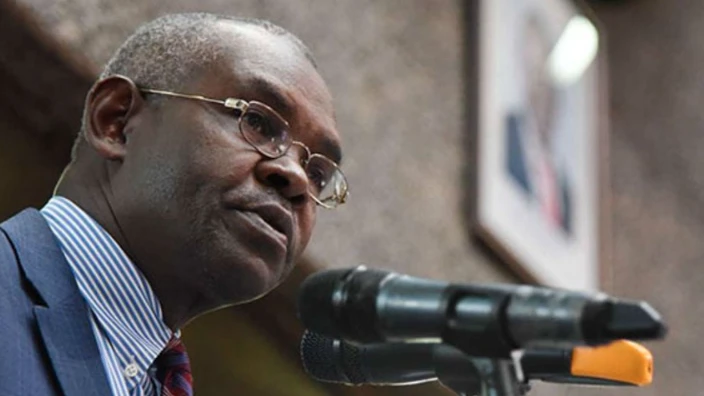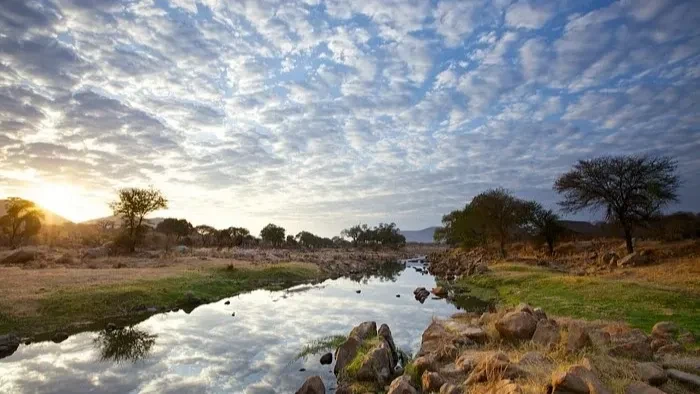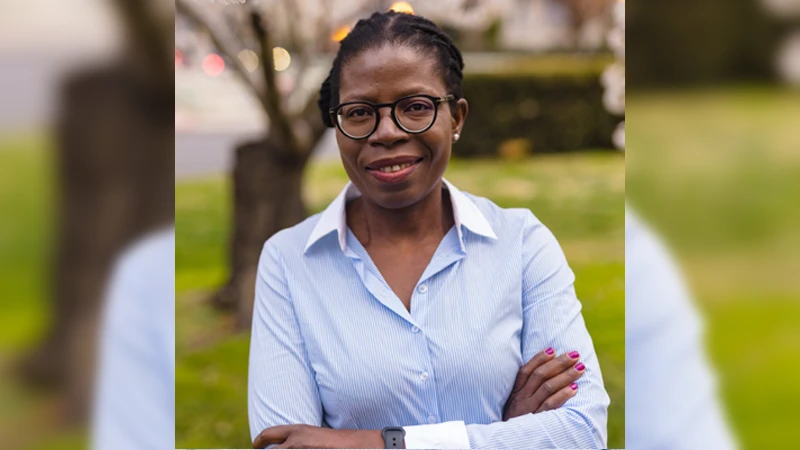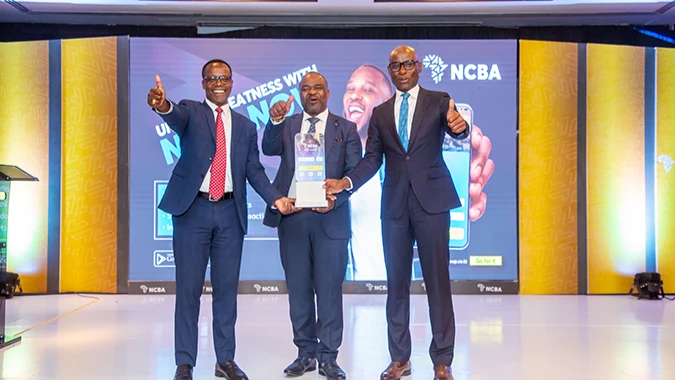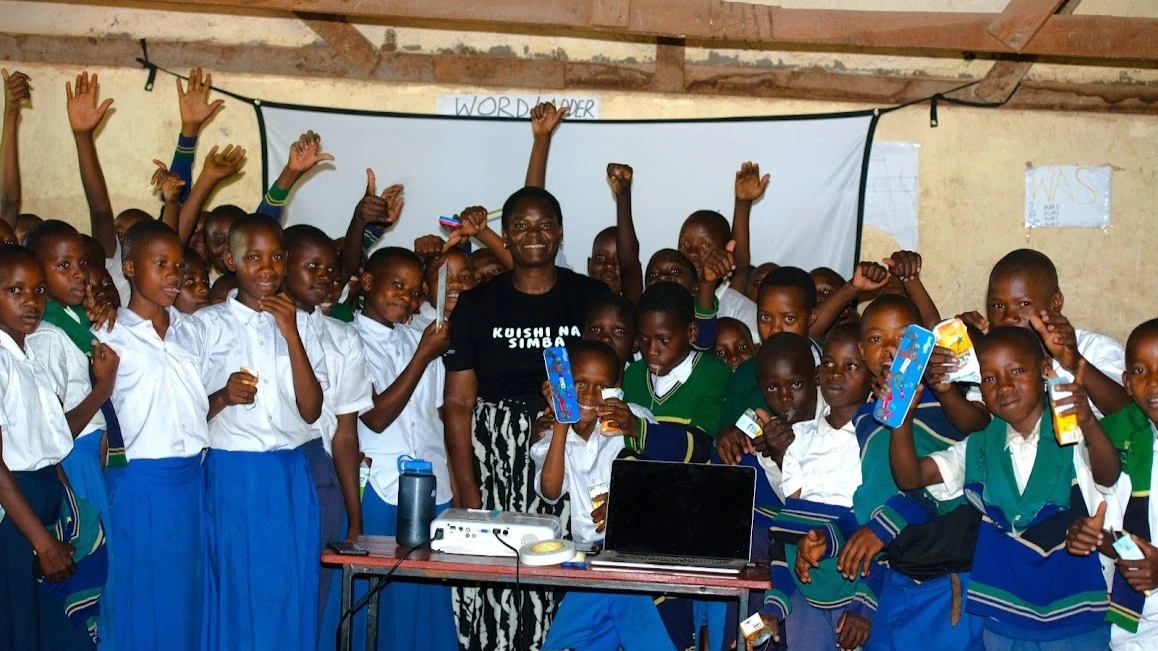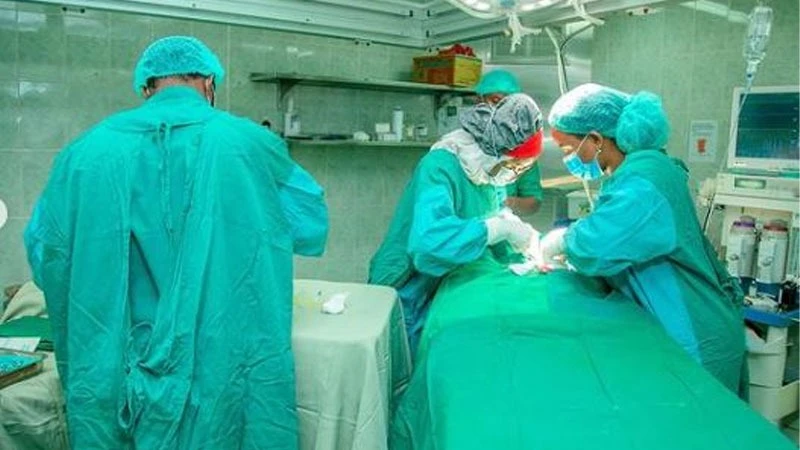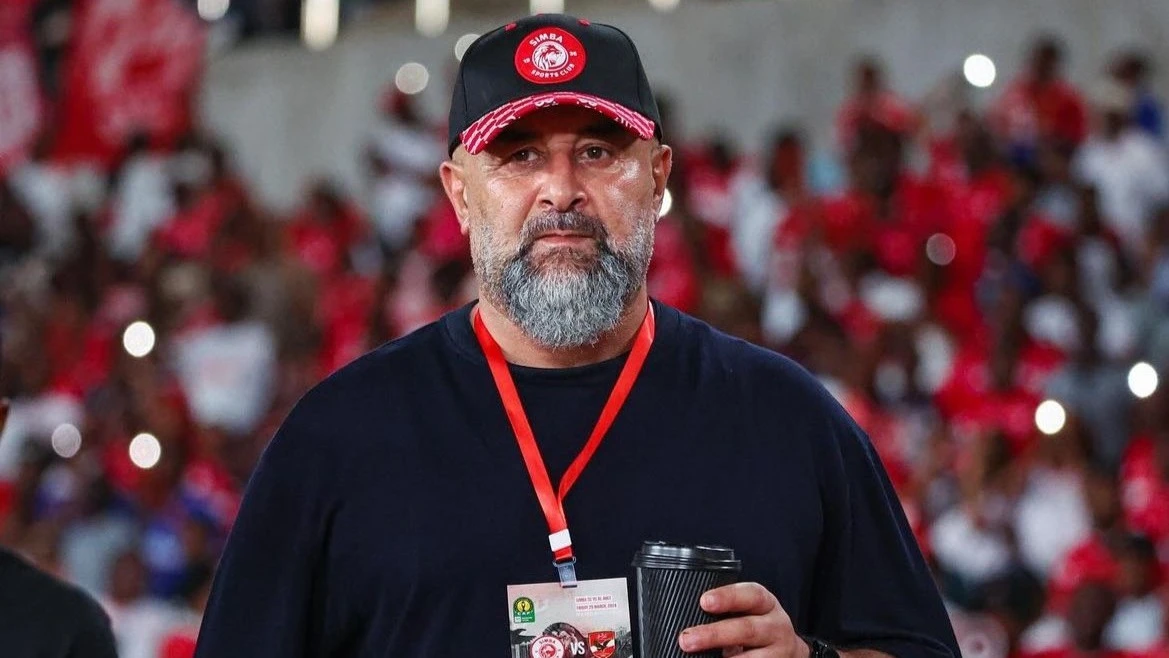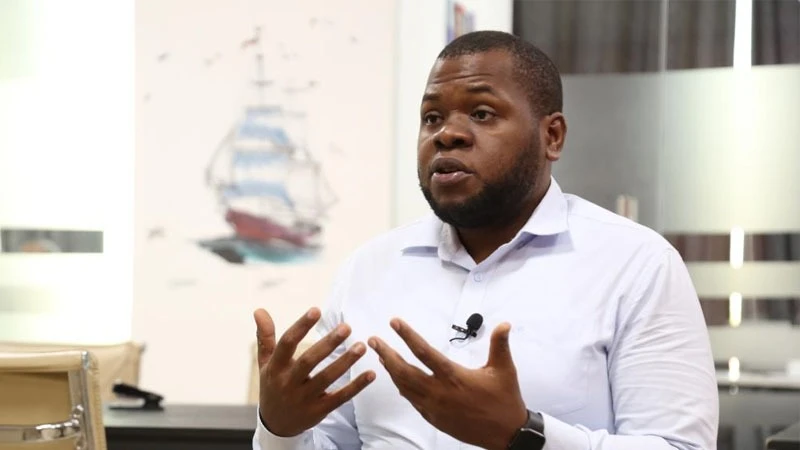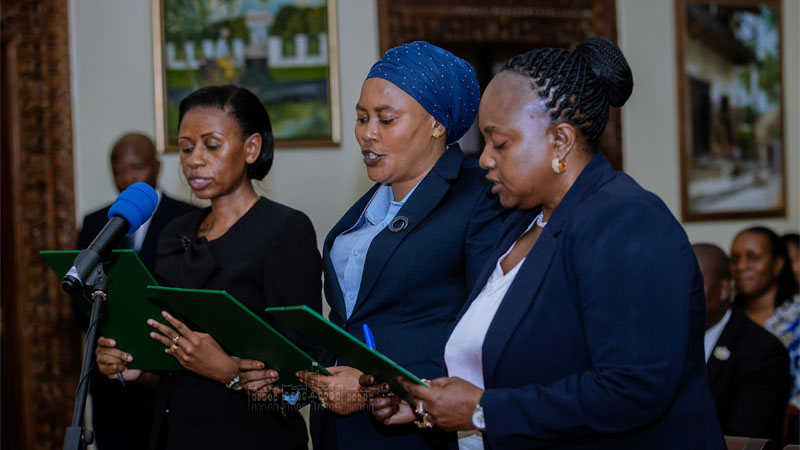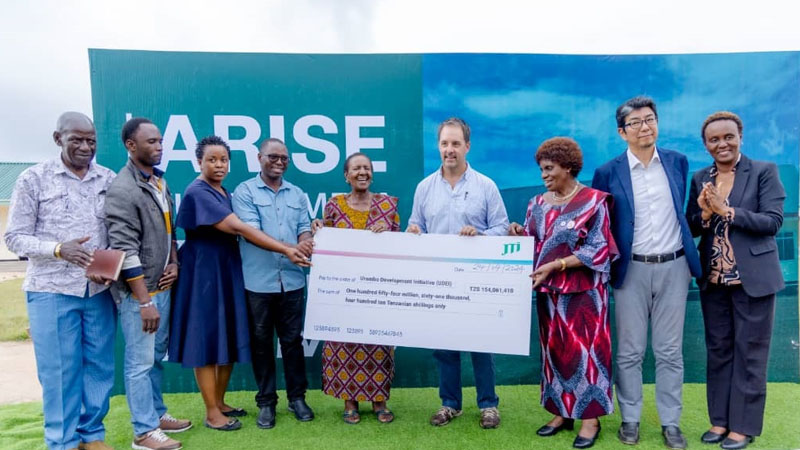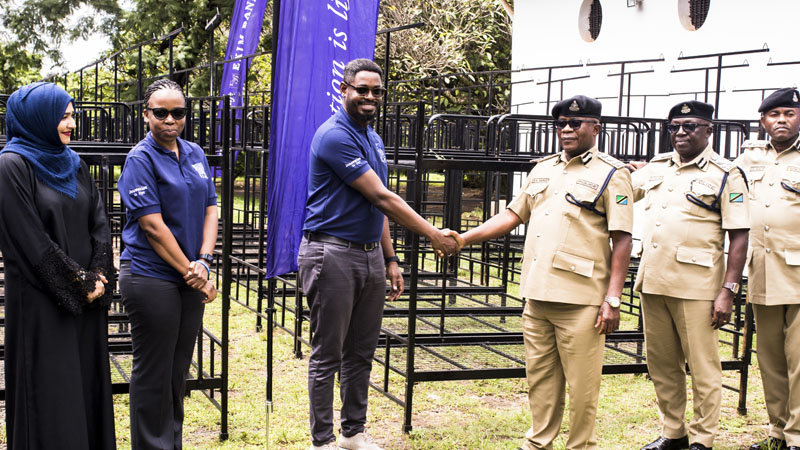Gov’t plans to impose export quotas to raise cobalt prices
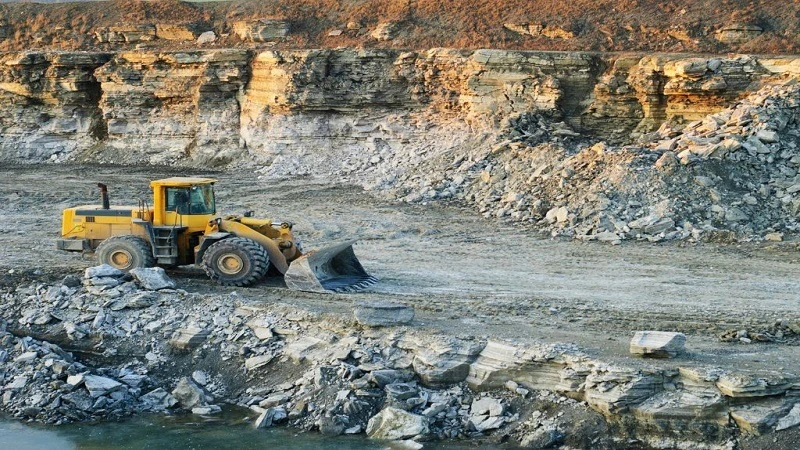
CONCOLESE officials are divided about setting export restrictions as technologies for cobalt-free electric vehicle batteries rapidly advance.
The Democratic Republic of Congo (DRC) has sought input from several international industry organizations and foreign research bodies on potentially implementing cobalt export quotas to drive up prices.
Bloomberg reported the news on Thursday, April 11, 2024, citing sources familiar with the matter.
During a ministerial council held in February, Congolese President Félix Tshisekedi tasked then-Prime Minister Sama Lukonde with examining "the need to introduce export quotas or any other measure to secure a fair price for cobalt, charging a regulatory body with helping to design possible strategies," the same source said.
However, Congolese officials involved in the mining industry are divided on the wisdom of introducing export restrictions, according to sources cited by Bloomberg.
Some view it as a necessary response to oversupply, while others fear it could make cobalt less attractive for use in batteries as cobalt-free electric vehicle batteries become increasingly popular.
Cobalt prices have fallen by about two-thirds since mid-2022, largely due to global supply outpacing demand.
The DRC accounts for roughly 70 percent of global cobalt production, having produced an estimated 170,000 metric tons in 2023.
The expansion of industrial-scale mines that extract cobalt and copper for rechargeable batteries has led to forced evictions and human rights abuses, including sexual assault, in the Democratic Republic of the Congo, according to Amnesty International.
In the report Powering Change or Business as Usual?, Amnesty International and the DRC-based organisation IBGDH, or Initiative pour la Bonne Gouvernance et les Droits Humains (Initiative for Good Governance and Human Rights), detail how the expansion of multinational mining operations has led to communities being forced from their homes and farmland.
“The forced evictions taking place as companies seek to expand industrial-scale copper and cobalt mining projects are wrecking lives and must stop now,” said Agnes Callamard, Amnesty International’s secretary general.
“Climate justice demands a just transition. Decarbonising the global economy must not lead to further human rights violations. The people of the DRC experienced significant exploitation and abuse during the colonial and post-colonial era, and their rights are still being sacrificed as the wealth around them is stripped away.”
The DRC has the world’s largest reserves of cobalt and the seventh largest reserves of copper, Amnesty International said in its report published in September last year. Demand for cobalt is expected to reach 222,000 tonnes by 2025, triple that of 2010.
Amnesty International and IBGDH interviewed more than 130 people at six mining projects in and around the city of Kolwezi in the southern province of Lualaba during two visits in 2022.
Because of its rapidly growing nickel industry, Indonesia recently became the world’s second-largest producer of cobalt, accounting for 5 percent of global production.
Cobalt is a hard, lustrous, silver-grey metal that is used primarily as a cathode material in lithium ion and other types of batteries.
It is also used in powerful magnets, cutting tools and high-strength alloys in the aeronautical, energy and defense sectors.
Cobalt compounds have been used for centuries as a pigment for pottery, glass, paints and other media. Cobalt is also an important part of human nutrition as part of vitamin B12.
Top Headlines
© 2024 IPPMEDIA.COM. ALL RIGHTS RESERVED


